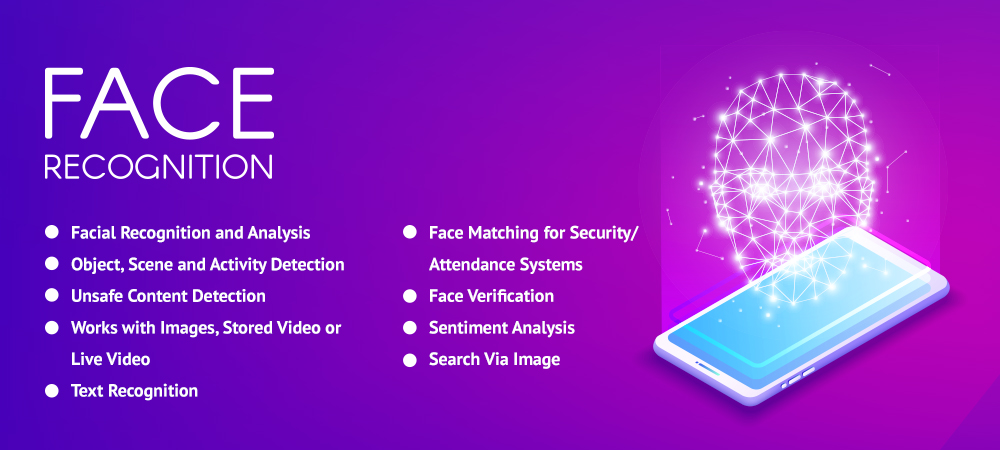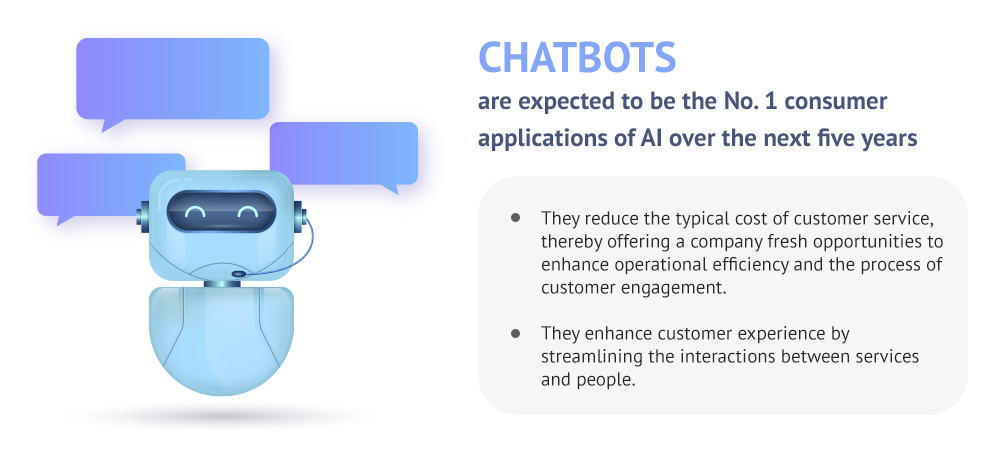AI or Artificial Intelligence is advancing fast and furious, and businesses are going berserk harnessing its features to their means to more profits.
To quote a study in Business Insider, ‘Gartner projects that more than 85% of customer interactions will be managed without a human by 2020, and chatbots are also expected to be the No. 1 consumer applications of AI over the next five years, according to TechEmergence.’
It is high time we got to know even more about AI – and found more ways to use it profitably. In fact, we need to get this done before other businesses can beat yours and ours to it!
For all we know, this piece that you are reading could have been the work of a bot. For all I know, a bot is analyzing this piece right now. Yes, at the rate Text Analysis is progressing, this could be a possibility – and much sooner than we could expect it to be.
We already have NLP or Natural Language Processing, which can be widely used to sift through and interpret gigantic troves of free text and render all of it analyzable. Prior to Deep Learning based NLP Models, this vast information was beyond the access of computer-assisted analysis. Neither was it possible to have this information analyzed in any sort of a systematic manner. However, now, thanks to NLP, finding and analyzing relevant information such as patients’ medical records within the information contained by free text files is at last possible.
Then you have Sentiment Analysis. You can use this form of AI to analyze the sentiments or emotions of your customers and clients through comments and remarks posted on, say, social media. You can get to know what they like, dislike, as well as what they are wishing for. Data scientists can use Sentiment Analysis to check how a business brand is performing in the market. According to a special report in TechTarget, ‘Google and other search engines base their machine translation technology on NLP deep learning models.’
TechTarget says, ‘More and more information is being created online every day, and a lot of it is natural human language. Until recently, businesses have been unable to analyze this data. But advances in NLP make it possible to analyze and learn from a greater range of data sources.’

Likewise, we have Image Analysis and Recognition. As per a report by Adoriasoft, ‘Researchers predict that the global market of image recognition will reach $38.92 billion by 2021’ and ‘corporations and startups as Tesla, Google, Uber, Adobe Systems etc. heavily use image recognition.’
Images can be used in various ways, for various purposes, in mobile, web, and software development:
Image Recognition Solutions
Accordingly, the possible applications of Image Recognition Technology, Images, and Imagetech are endless. Open-source Solutions and Deep Learning Tools can take Image Analysis to greater and greater levels.
To explain Image Recognition, it is a technical discipline dealing with searching for ways to automate every function that a human visual system can perform. Some good examples of Deep Learning Image Recognition Systems would be Microsoft’s Project Oxford, Google’s TensorFlow, as well as Facebook’s DeepFace.
As per a report in DZone, ‘a team from Warwick Business School has’ trained ‘an AI system to understand when they're looking at something naturally beautiful in a photo.’
We come, next, to Video Analysis and Recognition. The software can spot and identify particular people within a video, and respond accordingly. Wikipedia explains Video Content Analysis as ‘the capability of automatically analyzing video to detect and determine temporal and spatial events’ and Video Motion Analysis as ‘a technique used to get information about moving objects from video’.
The technical capability of Video Content Analysis can be used in various domains – from Entertainment, Safety and Security, and Home Automation, to Health Care, Smoke and Flame Detection, Retail, Transport, and more.
Examples of Video Motion Analysis could be Gait Analysis, Task Performance Analysis, Sports Replays, etc. Speaking of the various uses of Video Motion Analysis, Wikipedia cites, ‘Police and forensic scientists analyze CCTV video when investigating criminal activity. Police use software, such as Kinesense, which performs video motion analysis to search for key events in video and find suspects’.
According to an article in DZone, an AI System that can classify a video into the following classes – Safe, Potentially Suspicious, and Criminal or Violent Activity can also be built. We can only imagine how much this can help all of us.
Helpful too, to say the least, are Chatbots. This AI software simulates a chat with a user, in natural language, via the telephone, mobile apps, websites, or messaging applications. Expert System opines, ‘A chatbot is often described as one of the most advanced and promising expressions of interaction between humans and machines.’
As per a report mentioned earlier in this article, chatbots are expected to be the No. 1 consumer applications of AI over the next five years. They have already been making their presence felt all around us. The way Expert System explains it, ‘The ability to identify the user’s intent and extract data and relevant entities contained in the user’s request is the first condition and the most relevant step at the core of a chatbot’.

To Note:
A successful chatbot solution should be able to perform two basic tasks well:
Needless to say, the chatbot technology to be chosen by a particular business would have to be in accordance with the use case that it would want to address.
Recommendation Engines: Techopedia defines Recommendation Engines / Recommendation Systems thus: ‘A recommendation engine is a system that identifies and provides recommended content or digital items for users.’ It further states, ‘As the recommendation engine evolves, developers and engineers are looking at how to make these types of algorithmic software more effective. This represents part of the field of artificial intelligence where computers and software systems seem to become more capable of interacting with humans in an intelligent way, in this case, by knowing what they want and offering it to them on a regular basis.’
In our day to day life, it means AI, through Recommendation Engines, can suggest to us which song we might hear next, which bag to buy, which movie to watch, or which place or restaurant to visit. And, of course, much more.
Used widely for Ecommerce, Video Streaming, and Customer Profile, Recommendation Engines can make a huge difference to businesses, once assimilated wisely and expertly.
Summing Up
Here are just a few things that artificially intelligent computers can do better than us – in lesser time, and with less expenditure involved, too:
etc.
You could utilize AI to help you profit in your business in any way, or in as many ways as you could. To quote Marketing Guru Seth Godin, ‘Artificial intelligence does a job we weren't necessarily crazy about doing anyway, it does it quietly, and well, and then we take it for granted.’
AI can help your business to give its customers a more personalized experience. It can empower your sales team with information it had never seen before. If you are into e-commerce retailing, AI can enable you to analyze thousands and thousands of interactions on a regular basis, and target offers to individual customers.
Linnworks says, ‘Google’s recent £400m purchase of start-up DeepMind, the artificial intelligence company that specializes in algorithms and machine learning for positive impact, is just one of many expected acquisitions as the potential of such technology becomes a reality.
Other major tech firms such as Facebook, IBM and Yahoo have already publicly expressed their focus on developing artificial intelligence as a new source of business.’
What are your plans?